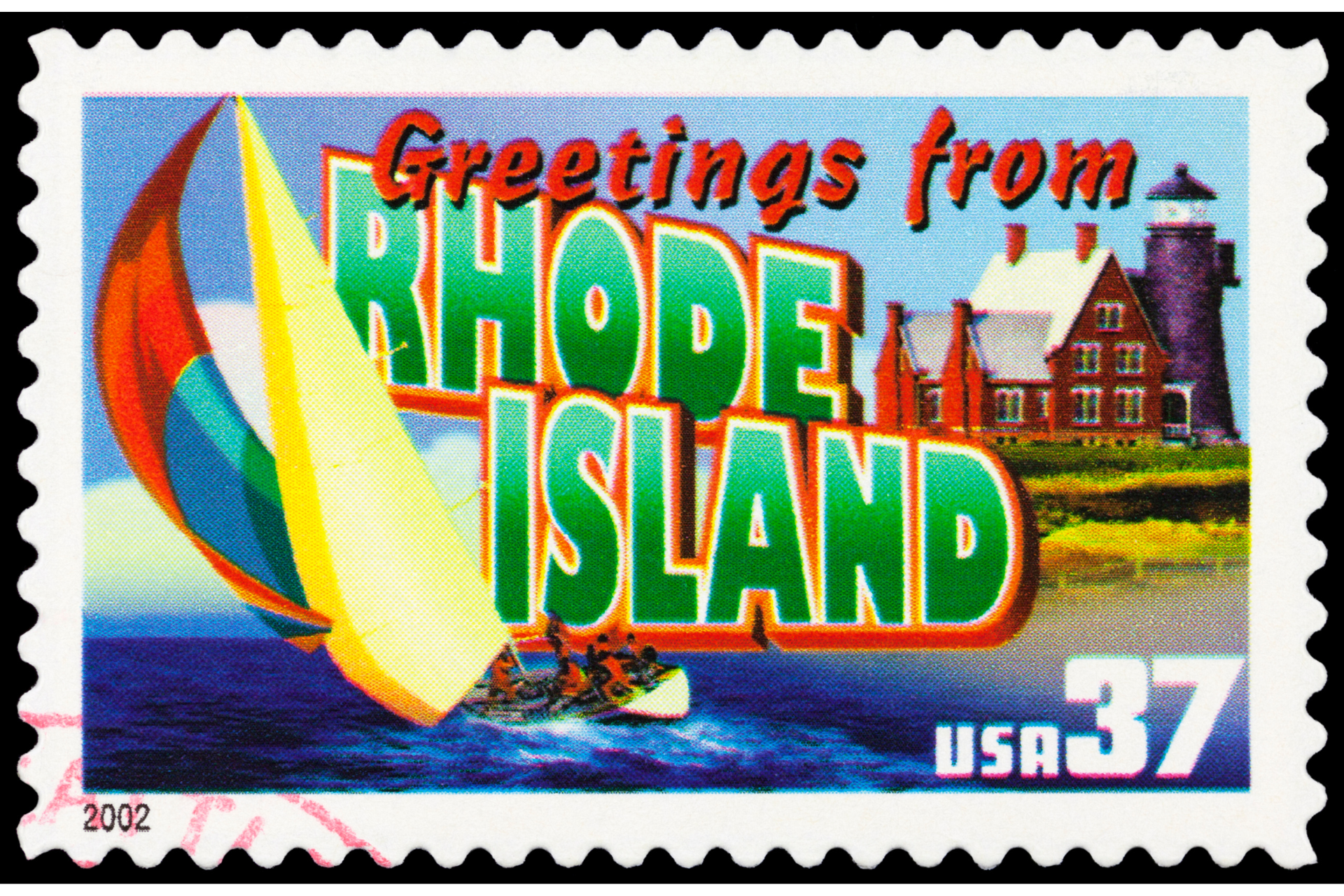“Young people are afraid of being labeled colonists, oppressors and bigots,” college sophomore Leo Glasgow wrote recently in the Cornell Daily Sun. In our examinations of colonialism, we have repeatedly asked whether Puerto Rico is a colony. Many observers would answer with an unequivocal “yes,” but the United Nations does not include Puerto Rico in its official list of colonies or “non-self-governing territories.” Congress by and large does not identify Puerto Rico as a colony. The Supreme Court has repeatedly ruled that Puerto Rico has no sovereignty, but draws the line at describing the Island as a colony. Could it be that shame prevents an honest evaluation of the relationship between the United States and Puerto Rico? Are U.S. leaders also “afraid of being labeled colonists, oppressors and bigots?”
Congress’s shame
The United States has owned Puerto Rico for 125 years, and Congress is clearly responsible for the resolution of the status issue under the U.S. Constitution’s Territorial Clause. A few years before 1952, Congress allowed Puerto Rico to elect its own governors and in this way was able to persuade the United Nations to remove the Island from its list of colonies the following year. Ever since, members of Congress have most frequently taken a single position on Puerto Rico’s political status: “As soon as the Island gets it together and decides what they want, we’ll settle the question.”
While some legislators speak up for statehood for Puerto Rico and some adamantly oppose it, many state some version of the idea that Puerto Rico can have whatever political status they want if only they could get over their bickering and make up their minds. In a 2013 hearing, Senator Wyden (D-OR), who has always supported statehood, said to the heads of the three political parties in Puerto Rico, “Absent an agreement of the three of you it seems that this will just go round and round some more.”
In truth, Congress can admit Puerto Rico as a state by a simple majority vote at any time. Just as there is no requirement for the leaders of the Republican, Democratic, and Libertarian parties to achieve unanimous agreement in order to make decisions for the United States, there is no real reason for the statehood, commonwealth, and independence parties to agree as a unified group on a political status for Puerto Rico.
The U.S. Congress is currently in the position of keeping a colony against the expressed will of the people who live there. That is a position which could easily make them look like colonizers, oppressors, and bigots. It may be more comfortable to look away.


